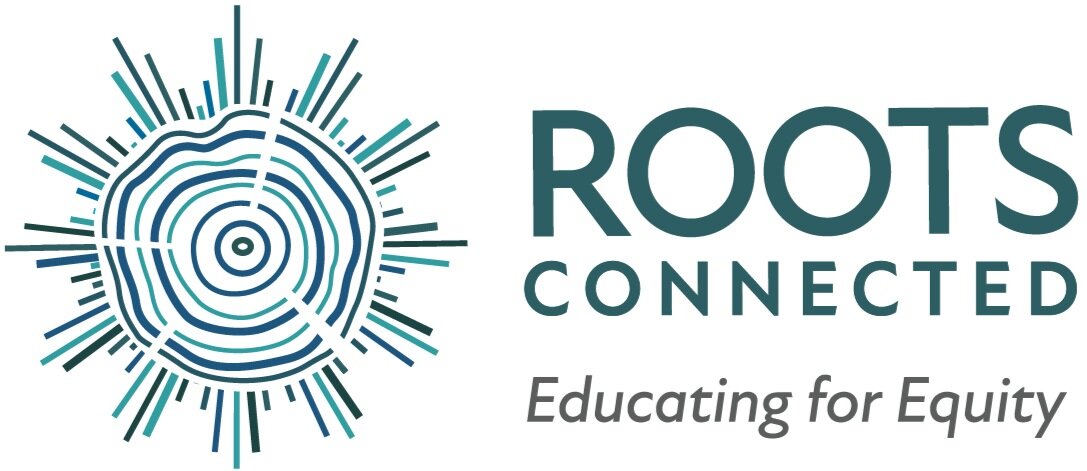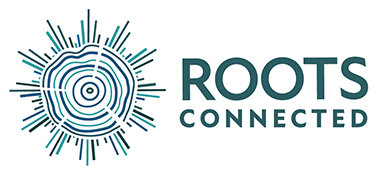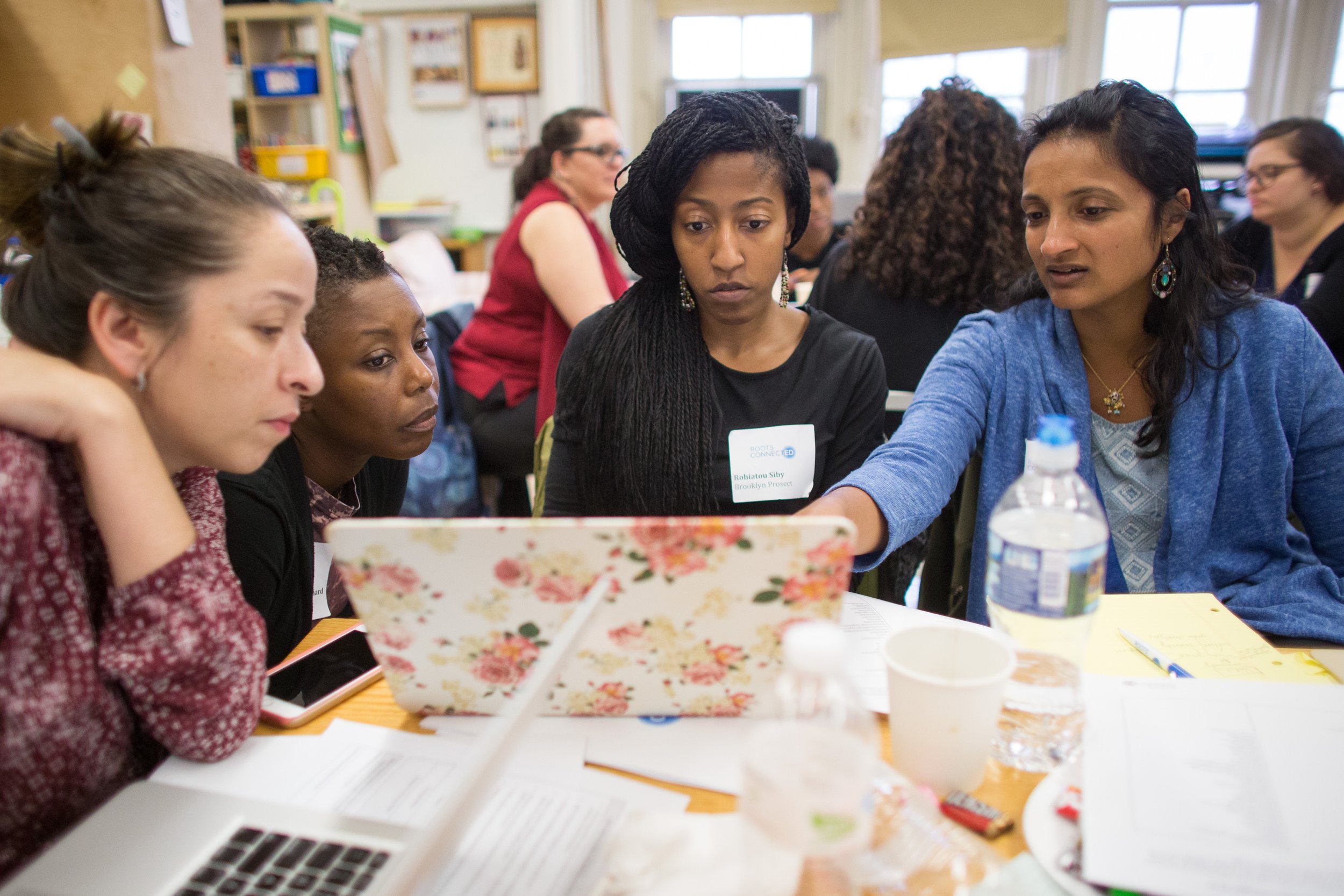The Power of Collaboration
“Because the truth is: we need each other. We need each other. And every time we turn away from each other, we turn away from ourselves. We know this. Let us not go around, but instead, courageously through.”
- Mia Mingus (Interdependence)
As societal divisions deepen, many communities face a critical challenge: how to cultivate collaboration that transcends polarization and builds trust. At Roots ConnectED, we define collaboration as a commitment to building and maintaining trust with one another to support open and honest conversations where everyone feels heard in order to effectively work together towards a common goal. This involves intentional work to address complex issues that push collective practice to be inclusive of different perspectives and experiences.
Effective collaboration is about creating an environment with a foundation of mutual respect and shared understanding so that a new reality can flourish, as described in our Tree of Love.
There are several elements (in no particular order) that contribute to genuine collaboration:
Identity and Inclusivity: Acknowledging and respecting individual and intersecting identities is crucial because when people feel truly recognized and affirmed for who they are, they develop a sense of belonging in community. Inclusive environments are where all individuals can be confident, socially connected, and actively involved.
Relationship Building: Trust is the cornerstone of collaboration. As Brené Brown explains, “Trust is choosing to make something important to you vulnerable to the actions of someone else.” Taking the risk to be vulnerable to the actions of others requires a foundation of trust that encourages openness, mutual respect and valuing each other.
Shared Language: It is essential to develop common concepts to cultivate collaboration. Shared language helps to bridge gaps in understanding, builds trusting relationships, eliminates ambiguity and ensures alignment on goals.
Norms: Establishing clear norms and principles for collaborative interactions guide how people work together and handle conflict. Clear structures create brave spaces for understanding and ensure that collaborative efforts are aligned with shared goals.
Interrupting Inequity: A commitment to collaboration involves actively working to interrupt elements of inequity and White Supremacy Culture. This includes challenging specific aspects of White Supremacy Culture, such as individualism, the worship of the written word, binary thinking, power hoarding, and fear of open conflict.
Underpinning all of the elements listed above is a commitment to on-going learning and growth. As Elena Aguilar says, “Teams reach high functioning levels because they are extraordinary learning organizations–the learning that a group engages in propels it to greatness.” The process itself leads to success and the power of collaboration really lies in the learning that the group does together through their personal and collective growth.
Writer and speaker Simon Sinek emphasizes the power of starting with ‘why’. When people understand why it matters to center and cultivate collaboration, it has a great impact on the collaborative efforts, ultimately effecting the cultivation of justice and liberation. Starting with the why and building on the elements above allows for collaborative spaces to grow and deepen. Because the transformation of ourselves and our communities depend on each other, it is crucial to create opportunities for people to understand the power and importance of true collaboration. This means that spaces for interaction and dialogue are regularly created to allow community members to engage with the theory of collaboration and make meaning together. These types of interactions help in developing the why, creating shared expectations, and understanding how to navigate the complexities of collaboration, which builds stronger, more effective partnerships.
In ALOK Vaid-Menon’s interview, they elaborate on this concept and describe the importance of fostering a deeper, more transformative collaborative process through valuing each other's identities and experiences:
“I think that the most profound truth in the world is that the way that we become our best selves is through each other…. We have to be part of formations and we have to admit the vulnerable truth is that we need each other. And so I believe that criticism is essential when it's rooted in a commitment to one another, when it's rooted in return, when it's rooted in the capacity for redemption, when it's rooted in the capacity for transformation. How dare I say I saw and witness my own transformation, and then say but I don't believe in other people's?”
Believing in our own and other people’s capacity for transformation becomes critical in deepening collaborative practices in teams and groups. This requires continuous effort that will lead to collective learning and growth.
Collaboration is a relational practice that requires intentional work to build trust, foster inclusivity, and address systemic inequities. By developing shared language, building strong relationships, and creating clear structures, communities can grow and transform together into the new realities where all are valued and can thrive.
If you are interested in deepening your collaborative practices, contact us or fill out our coaching intake form for more information. Roots ConnectED offers educator support through coaching, educational institutes, and resources available on our website.



